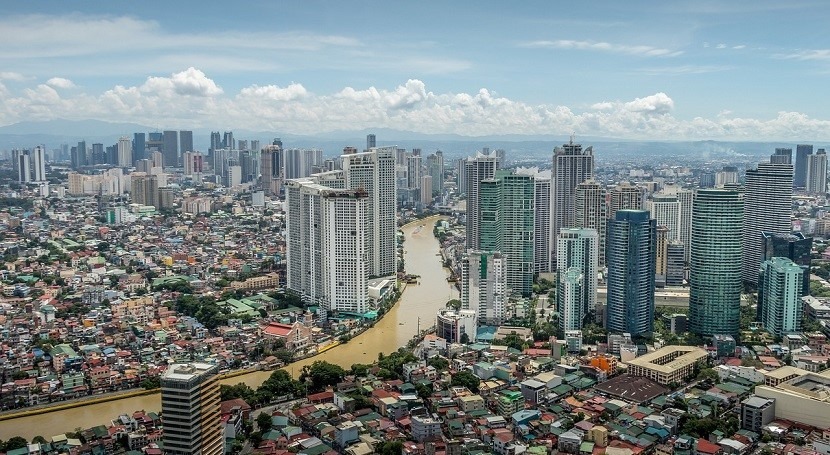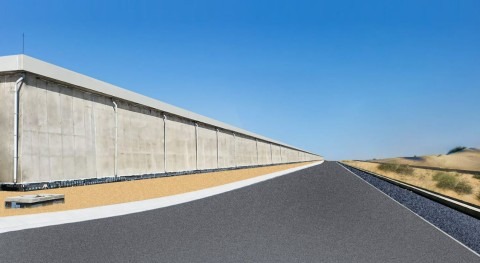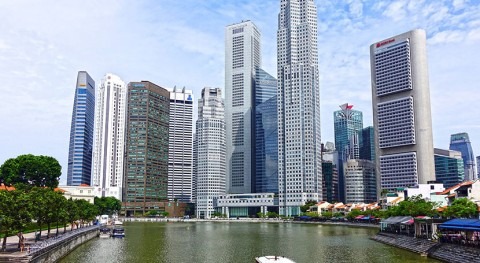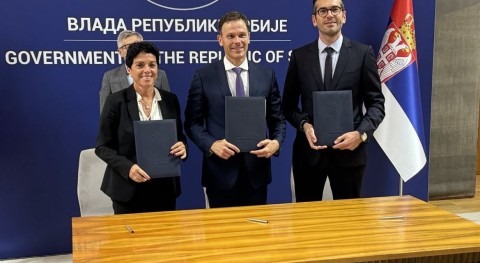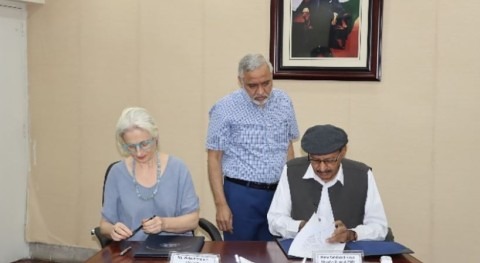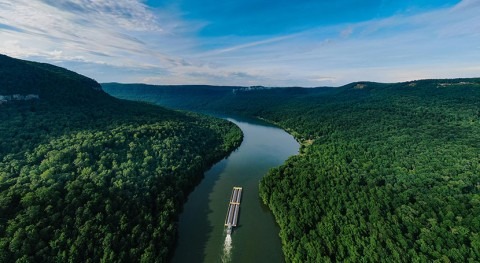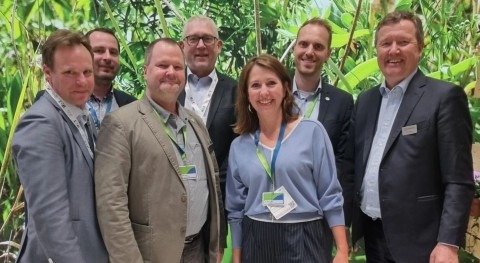The Philippines’ National Economic and Development Authority (Neda) is calling for the establishment of a Department of Water and a Water Regulatory Commission, reports the Sun Star.
In a policy note released last week, Neda emphasized the critical need for integrated water governance to address the challenges posed by climate change and population growth. Neda Secretary Arsenio Balisacan highlighted the urgency of this initiative. "Our strategies are aimed at strengthening water security, ecological integrity, and resilience to hazards by improving water governance through integrated water resource management", he noted.
Balisacan further elaborated on the alignment of this move with the Integrated Water Resources Management Plan (IWRMP), with a goal of ensuring universal access to sufficient water supply.
In 2023, President Ferdinand Marcos Jr. established the Water Resources Management Office within the Department of Environment and Natural Resources, tasked with developing the IWRMP, marking a significant step towards coordinated water resource management.
Despite the Philippines' abundant water resources, Neda’s policy note highlights a stark disparity in distribution and a lag in access to basic sanitation services compared to neighboring Southeast Asian countries. The note underscores the escalating demand for water driven by population growth, projecting a potential risk of water scarcity in certain regions by 2050.
Balisacan pointed out the inefficiencies arising from the current fragmentation of responsibilities among multiple agencies, stating, "Without a central agency responsible for water policy, there is a heavy reliance on ad hoc coordination. Conflicting priorities among agencies result in uncoordinated planning and strategies, as well as inconsistencies in the enforcement of water policies and standards."
Advocating for the creation of a centralized water governance entity, Balisacan emphasized the benefits of institutionalizing data collection and consolidation, something that will help “produce more informed assessments and formulate smarter solutions in the utilization and management of our resources”.


